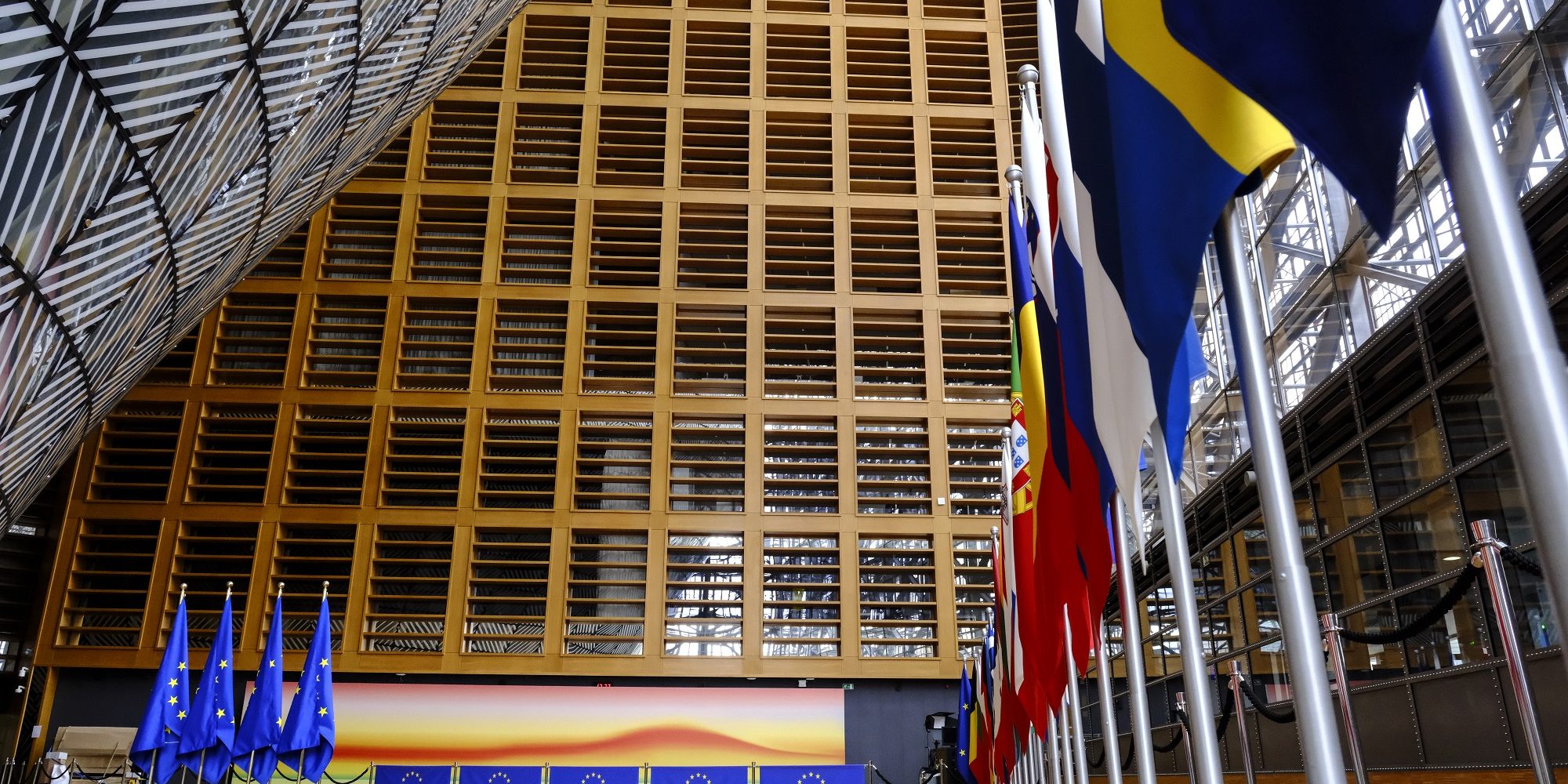
AI Act opens door for legislation to protect workers
Product-focused legislation will not solve issues.

On the 9th of December, after lengthy negotiations, interinstitutional negotiations concluded on the European Artificial Intelligence Act, with the text taking a product-focused approach to meet evolving challenges. After an intense lobbying campaign by various multinational companies, the text can only be seen as a precursor to legislation that addresses the workplace use of these technologies (and the associated risks) more stringently. While the text presented is an improvement from the original Commission proposal, more action will need to be taken.
Central to the development of new legislation will be Article 2 within the finalised text, which makes clear that both Member States and the European institutions can introduce more legislation on AI. While disappointed that systems are only deemed high-risk if they pose significant risk to health or fundamental rights, the narrowing down of the filter on their use to ensure that a majority of work-related applications are now deemed high-risk is a victory for workers, though the reliance on self-assessment by providers opens the possibility of workers being left without protection. With a limited number of tasks outside of this scope, we also welcome the inclusion of all profiling-related activities within the workplace being classified as high-risk, and adds to the inclusion of mandatory fundamental rights impact assessments, among other requirements, for all high-risk AI systems.
Worryingly, the absence of a full ban on emotional detection and facial recognition poses a number of questions regarding their use in migration cases, and their availability to both public entities and private bodies. Exemptions on biometric identification and other areas, even in the case of national security, raise more questions than answers, with the boundaries set too high by both the Council and Commission throughout the negotiation process.
On enforcement, the act provides the opportunity to punish those who fail to comply, with non-compliance leading to fines ranging from 35 million euro or 7% of global turnover to 7.5 million or 1.5 % of turnover, depending on the infringement and size of the company.
“The finalised text shows the need for further action to adequately protect workers. Minimum European standards have to be adopted to deliver this, building on the victories secured within the AI Act” – Eurocadres President Nayla Glaise
In yet another worrying point, the role of trade unions and social partners is not adequately protected in the text, with article 29 stating that employers only need to “inform” workers when they are subject to AI systems in the workplace.
Reacting to the conclusion of negotiations, Eurocadres President Nayla Glaise said:
“This cannot be the final piece of legislation we see on AI. Without a central role for trade unions, further commitments on the use and regulation of systems, and more input into workplace processes, we will continue to see emerging technologies hamper workers’ health.
The finalised text shows the need for further action to adequately protect workers. Minimum European standards have to be adopted to deliver this, building on the victories secured within the AI Act.
We have already seen calls for bans on algorithmic surveillance and monitoring from MEPs, with emerging data showing the risks being posed for workers’ health. Eurocadres will continue to advocate for standalone legislation on AI in the workplace”.
